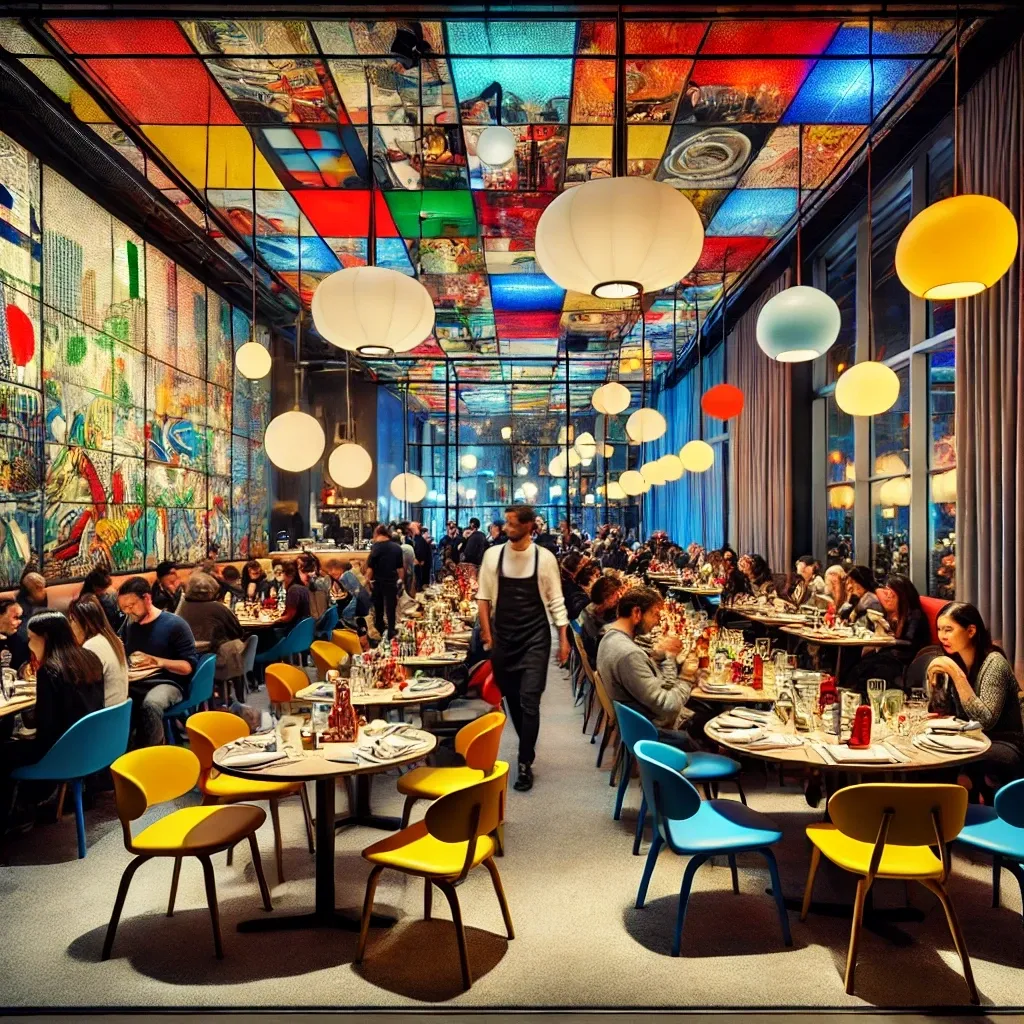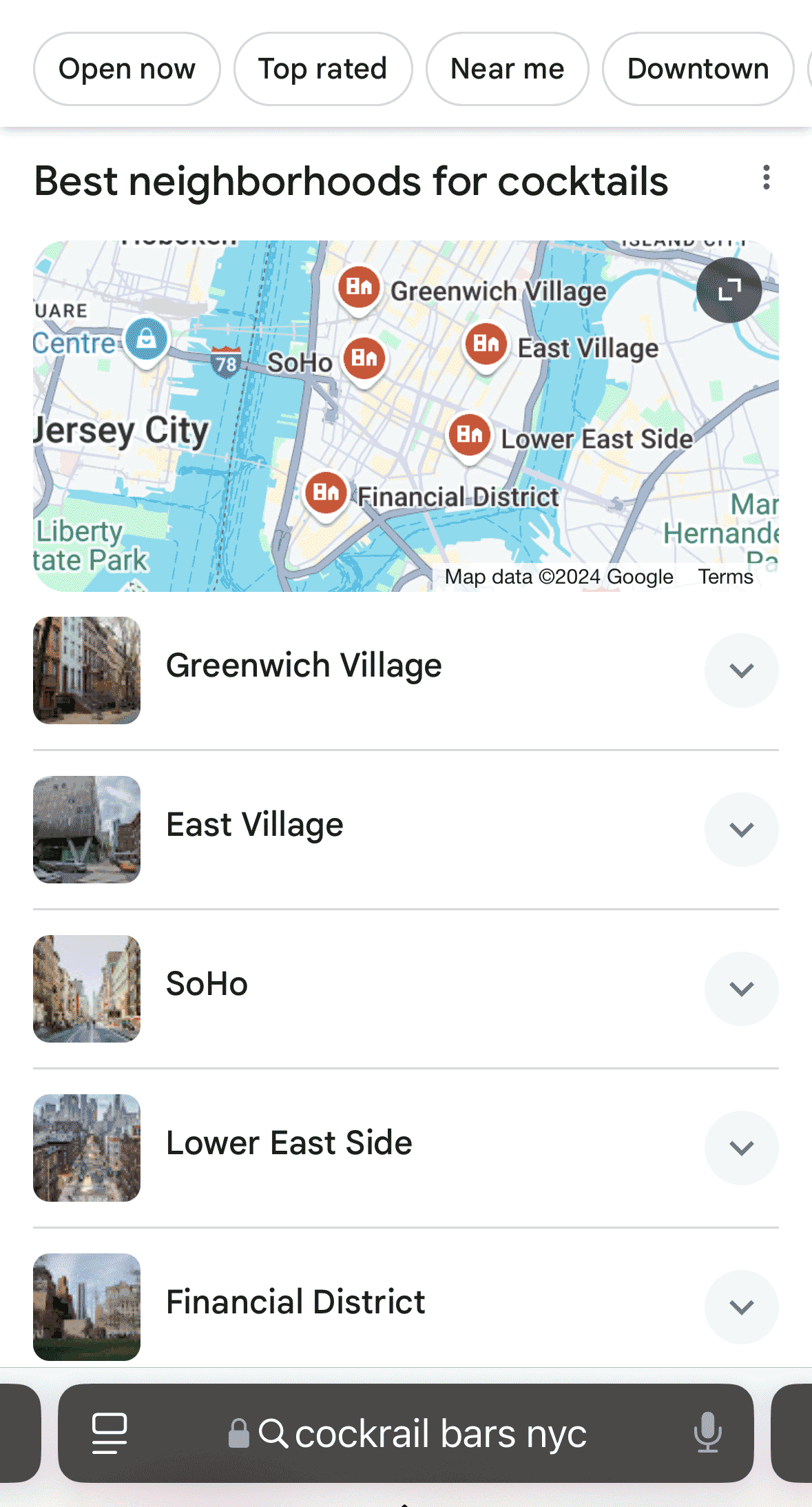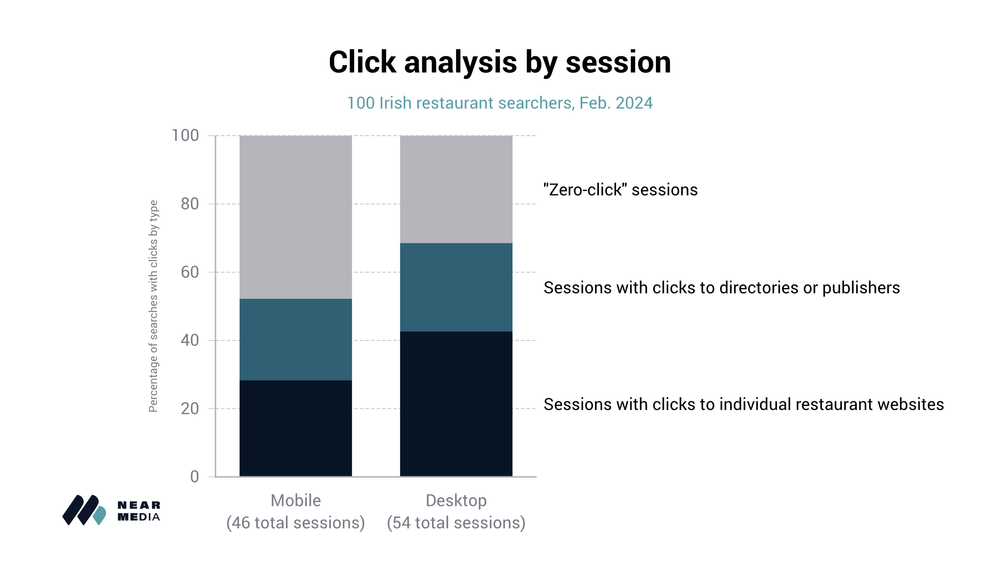First Look: AI-Organized Restaurant Results
Earlier this year we saw a number of tests of AI generated local results for restaurants and bars. Google announced a few days ago that these are now rolling out with more to come.

First announced at Google I/O in May and tested during the summer, with a broader test in October, AI-organized results are now rolling out for restaurant and bar search results. "This includes unique, AI-generated categories based on your search with helpful resources from the web, like articles, videos, forums, etc."

The Layout
The new layout starts with a small "Organized with AI" notice followed immediately by a top rated 3 pack, two organic results and two related AI-organized carousels. That pattern repeats several times down the page. The interspersed organic results rely heavily on Reddit, which provides three of the first four organic results. Down the page, some of the results also include a "Best neighborhoods" view offering a map and a list of neighborhoods, each with a drop down that exposes a local carousel for each of the neighborhoods. Several scrolls down, at the end of the repeating pattern, Google adds a Trending video carousel that includes related Instagram, TikTok and YouTube content.

'Best Neighborhoods' and Video
The "Best neighborhoods" map interface is one of the most interesting and useful features if you are not already familiar with an area. It only seems to trigger when the density of relevant results is high across many neighborhoods. When one of the listed neighborhoods is selected, the map updates with that neighborhood's locations.

Video remains an important component of the local listing. When you activate an image carousel in the 3-Pack, a video will auto-play if there is one on your listing and it can be quite compelling.
Here is a video of the full results seen while scrolling on mobile. As far as I can tell, these results are not yet visible for desktop searches.
Opportunities to Be Found Abound
With these AI-organized results, Google is going all-in on their Local Knowledge Graph. The opportunities abound to be found – if your money terms are returning these types of results. If they are, determine the relevant categories to your listing and highlight those with solid internal linking from the home page of your site.
While there are still some visible organic results, the first truly local website was well down the page and traditional directories like Yelp are very hard to find. This doesn't diminish the value your website as a data source for the Google's Knowledge Graph. In fact, these results may make it more so.
More Zero-Click
In our EU restaurant research, "zero-click" sessions, where searchers make their choice directly from GBP/local results, were predominant on mobile. We expect that to increase and would expect directory and publisher traffic to decrease. However we found that a large number of users still visited the business website frequently via the local listing and we think that behavior will persist. (Menus are one reason people visit restaurant websites.)

As we noted in that research and believe will still apply:
Changing Directory Dynamics
It would appear that Yelp will take another hit. TripAdvisor seems slightly more visible. But with Google going all-in on their local results, these directories will have more value for their direct users than through Google. Reddit and publisher sites with top 10 articles seem to do well and are obvious targets for your marketing. Video sites (Instagram, TikTok and YouTube) will present some additional exposure opportunities as well.
Antitrust and EU DMA issues
In Europe, the Google local search results have yet to become an area of dispute despite obvious Google self-preferencing. Google has retained more traditional local results there and has staunchly defended the local results as part and parcel of their typical results. To learn more about this, see our recent interview with Stephanie Verhilac of SIINDA and some of our DMA user behavior research.
In the US Yelp's antitrust case, which questions Google local results as self preferencing and disadvantaging competitors, becomes even more compelling.
